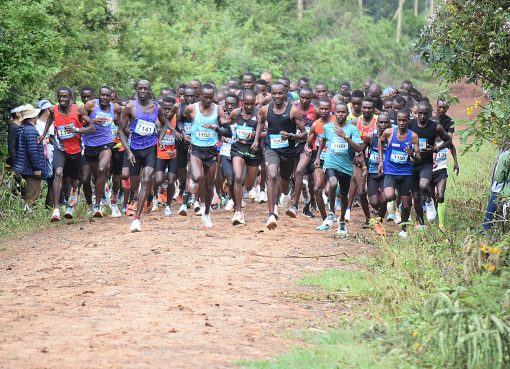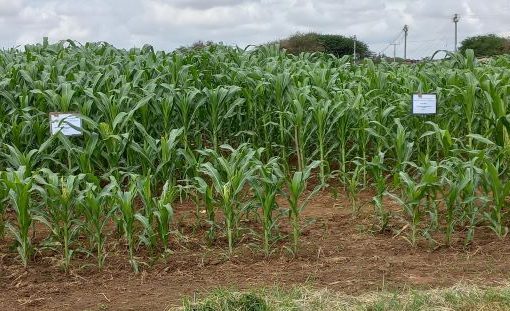Kilifi County Government and its partner organizations have turned focus to cash transfers in the drought mitigation strategies to help citizens severely affected by drought afford their basic needs in the region.
In the past, drought intervention strategies had been mainly in the form of relief food and other donations from donor organizations and volunteers.
According to presentations from various organization representatives during a County Steering Group (CSG) meeting, organizations among them Kenya Red Cross and World Vision spent over Sh22 million in cash transfer programmes last year, benefitting over 2,350 households in different parts of the county.
“We do cash transfers to enable people to buy food, which is our main goal. It has become an easy way these days instead of carrying food, which needs transport to reach the beneficiaries. It is better to give a person money to buy food of his or her own choice,” said Babu Musa, a CSG member during an interview with the media at Kilifi Bay hotel.
Musa, who is the Programme officer, Food and Agriculture Organization (FAO) Kilifi County disclosed that last week, the organization disbursed unconditional cash of Sh11million via Mpesa to affected residents from different parts of Kilifi including Bamba, Ganze, Palakumi, Milore and other areas.
World Vision Manager Kilifi County, Winfred Mukonza, said the organization has set aside Sh9 million cash to be transferred to 1,114 households. Each will receive an estimate of Sh8, 000.
Programme Officer Kenya Red Cross Cornel Ndombi, said the programme is quick to implement during urgent interventions adding that this year’s plan to budget cash for the programme is ongoing.
The cash transfer strategy has been deemed efficient and both the National and County Government are working towards establishing policies to include other vulnerable groups of people such as lactating mothers in severely drought-stricken areas to reduce malnutrition which is rampant due to lack of food in the county.
“Cash transfer is very helpful because it reduces many implementation costs. If we look at it, the money is transferred to people by agents, so you find that there is no travelling or movements by the providers and its beneficiaries,” said Joshua Malingi, the County Director Drought Management Unit.
Malingi added that delivering food to the people involves a lot of logistics including mobilization, transportation and crowding of people which goes against Covid-19 protocols.
“The National Government came up with policies to give cash money instead of food. They did public participation and I was among the participants in that process. They want to shift focus on cash transfer instead of food,” he explained.
The cash transfer initiative in Kilifi County has been mainly targeting elderly persons and orphans in the social protection programmes by the National Government. However, the initiative will also be used as a drought mitigation strategy in the region.
By Jackson Msanzu and Harison Yeri





